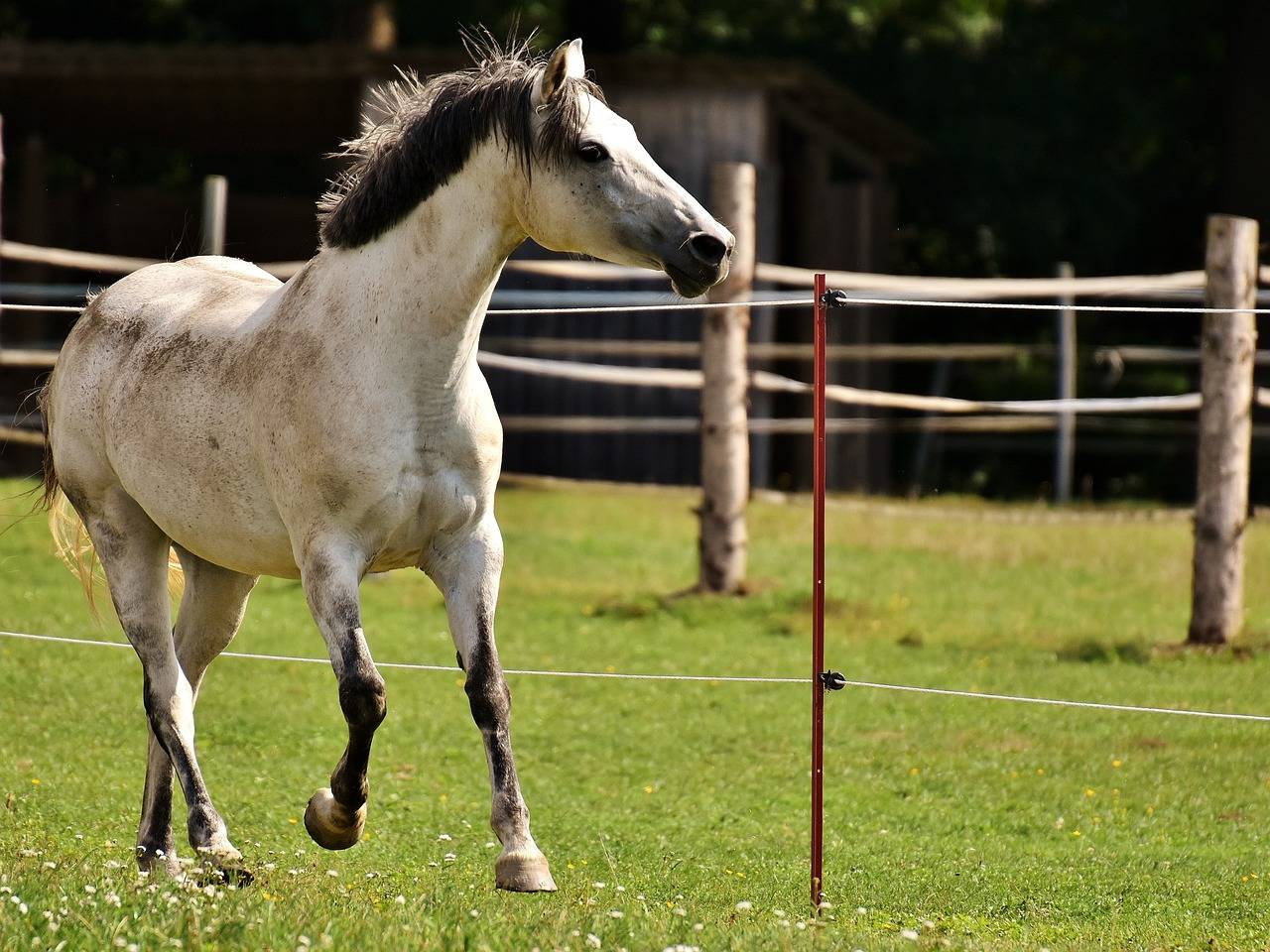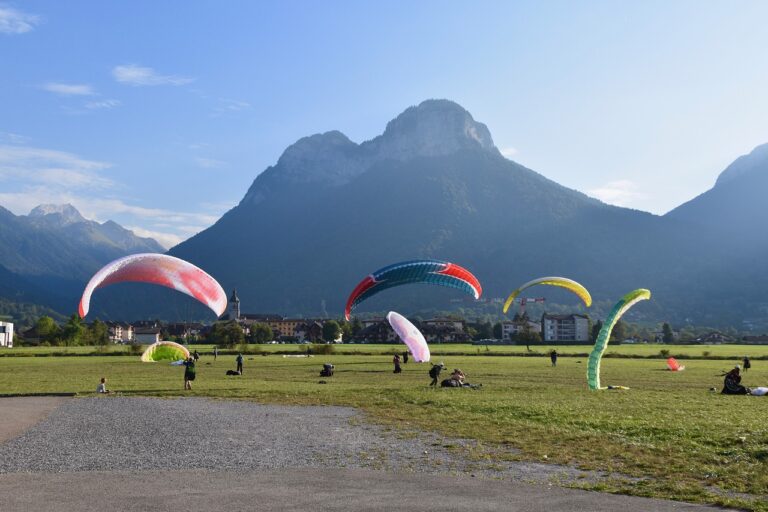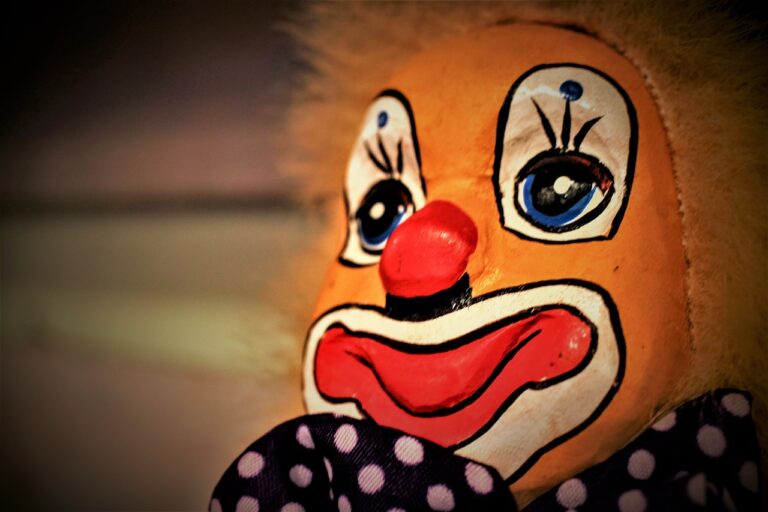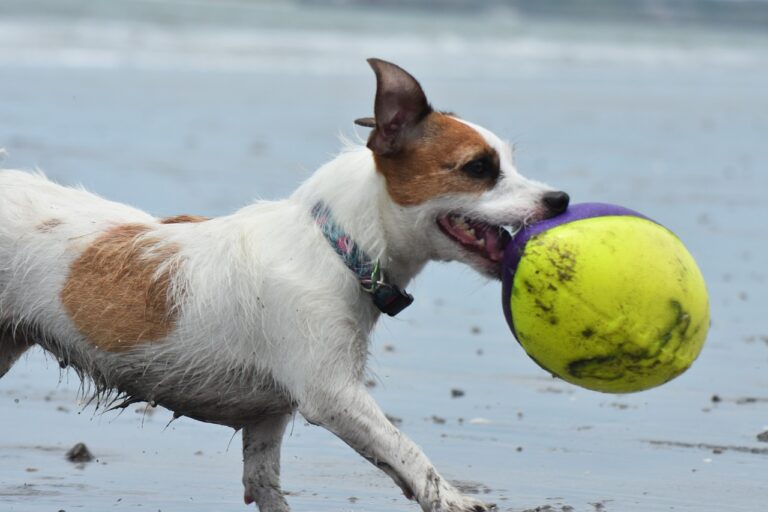Designing Inclusive Educational Entertainment Programs for Gifted Learners: 11xplay sign up login password, Laser247 com, Tiger exchange login
11xplay sign up login password, laser247 com, tiger exchange login: As educators, it is crucial to provide inclusive and engaging programs for gifted learners to nurture their talents and allow them to reach their full potential. Designing educational entertainment programs tailored to the needs of gifted learners can be a challenging but rewarding endeavor. In this blog post, we will discuss some tips and strategies for creating inclusive educational entertainment programs for gifted learners.
Understanding the Needs of Gifted Learners
Before designing any educational program for gifted learners, it is essential to understand their unique needs and characteristics. Gifted learners may have advanced cognitive abilities, high levels of creativity, intense interests in specific subjects, and a strong desire for autonomy and challenge. By acknowledging these traits, educators can tailor their programs to meet the needs of gifted learners effectively.
Creating Engaging and Challenging Content
Gifted learners thrive on intellectual challenges and meaningful learning experiences. When designing educational entertainment programs for gifted learners, it is crucial to provide content that is engaging, thought-provoking, and intellectually stimulating. Incorporating hands-on activities, interactive games, puzzles, and multimedia resources can help keep gifted learners engaged and interested in the material.
Encouraging Collaboration and Social Interaction
While gifted learners may excel academically, they may also struggle with social skills and emotional development. To create inclusive educational entertainment programs, it is essential to promote collaboration, communication, and teamwork among gifted learners. Group projects, team challenges, and peer mentoring opportunities can help gifted learners enhance their social skills while working together towards a common goal.
Supporting Diverse Learning Styles
Gifted learners may have diverse learning styles and preferences, ranging from visual and auditory learners to kinesthetic and tactile learners. When designing educational entertainment programs for gifted learners, it is crucial to consider these different learning styles and provide a variety of activities and resources to cater to each learner’s needs. Incorporating multimedia elements, hands-on experiments, virtual simulations, and interactive quizzes can help accommodate diverse learning preferences.
Fostering a Growth Mindset
Gifted learners may face challenges and setbacks, just like any other student. It is essential to foster a growth mindset among gifted learners by emphasizing the importance of effort, perseverance, and resilience. Encouraging gifted learners to view failures as opportunities for learning and growth can help them develop a positive attitude towards challenges and setbacks.
FAQs
Q: How can educators identify gifted learners in their classrooms?
A: Educators can identify gifted learners through a variety of methods, including standardized tests, teacher observations, parent recommendations, and student performance assessments.
Q: What resources are available to educators for designing educational entertainment programs for gifted learners?
A: There are many resources available to educators, including online platforms, educational websites, curriculum guides, and professional development workshops.
Q: How can educators differentiate instruction for gifted learners in inclusive educational entertainment programs?
A: Educators can differentiate instruction by providing individualized learning opportunities, flexible pacing, advanced content, and enrichment activities tailored to the needs of gifted learners.
In conclusion, designing inclusive educational entertainment programs for gifted learners requires creativity, flexibility, and a deep understanding of their unique needs and characteristics. By incorporating engaging content, promoting collaboration, supporting diverse learning styles, fostering a growth mindset, and providing differentiated instruction, educators can create meaningful and enriching learning experiences for gifted learners.







